Generative A.I.
Perspectives / Poll / Recommended Resources

Generative artificial intelligence (GenAI) is taking the world by storm, and for good reason. It has gone mainstream and could revolutionise society and the economy as we know it. This technology has caused both excitement and fear about the future. 72% of Singaporeans surveyed are excited to use GenAI at work, but 51% cited worries about jobs.
Many people are excited because GenAI can create new content, including code, essays, images, social media posts, and videos. ChatGPT garnered 100 million users in just two months after its launch. The possibilities seem limitless!
With advancements in the technology, it is increasingly difficult to distinguish between human and machine-generated content, fact and fiction. There is a lot of hype and hysteria around GenAI. Enthusiasts argue that it could transform the world for the better as such tools are overcoming language barriers and automating tasks. There is potential for great impact in education. For example, it could help teachers create interactive learning experiences for students and encourage critical thinking in students.
Pessimists predict job disruption, increase wealth inequality, loss of privacy, and diminishing human intelligence. Critics say that GenAI lacks creativity and is encroaching on creativity. IMDA’s AI Verify Foundation identifies six risks, including mistakes and hallucinations, privacy and confidentiality, disinformation and cyber-threats, and embedded bias.
GenAI is in its infancy and its implications are not fully known. Some experts fear that it could be used for malicious exploitation. Nevertheless, it has great potential to empower individuals and organisations. When used in a safe and responsible manner, this technology can unlock tremendous opportunities that transform many aspects of modern life.
| The power and promises of generative AI | The perils and challenges of generative AI |
|---|---|
| Generative AI could unleash the next productivity frontier and raise global GDP
GenAI could revolutionise the way many jobs are performed such as sales and marketing, customer operations, and software development. Not only could it boost productivity, but it could also raise global GDP by 7% and increase productivity growth by 1.5 percentage points over a 10-year period, according to Goldman Sachs Research. But perhaps the most exciting thing about this technology is the way it promotes divergent thinking and augments human creativity. By challenging expertise bias and helping us create unimaginable solutions, it opens up a whole new world of innovation. |
Generative AI could cause major disruption for the labour market
Advances in AI could expose some 300 million jobs worldwide to automation. In the U.S., two thirds of occupations could be partially automated, with a quarter of their workload replaced. However, most jobs and industries are likely to be complemented rather than replaced by AI. While it’s true that GenAI will create many new jobs, it’s likely that many existing jobs will be altered, from entry-level positions to those at professional levels, including the C-suite and middle managers. Workers need to start using AI now or risk being left behind. GenAI tools such as ChatGPT and Midjourney are threatening to disrupt the world of content creation, impacting on marketing, software, design, entertainment, and interpersonal communications. |
| Generative AI will accelerate innovation and democratise AI
GenAI can unlock human creativity and potential as well as transform industries and increase innovation. Such tools, together with low-code software that does not require extensive coding, is accelerating innovation in organisations. Programmes such as DALL-E 2 could democratise AI by putting it into the hands of every person and every organisation. ChatGPT and other similar programmes are infiltrating workplaces. Workers are using GenAI tools to do their jobs better and boost output. A great number of Singaporean employees (81%) would delegate as much work as possible to AI to lessen their workload. Most Singaporeans are comfortable using AI for analytical work (87%), administrative tasks (85%), and even creative work (81%). |
Critics argue that GenAI may lead to the demise of human creativity.
With GenAI changing the nature of creativity, there is growing concern among artists and critics that it could spell the end of human creativity and originality. While it might not entirely replace human ingenuity, GenAI has demonstrated the ability to produce “a hit song” in a fraction of the time. Reliance on earning technologies that can visualise and conceptualise for us may lead to a decline in primary artistic skills, such as writing, drawing or painting. These skills typically require a deep understanding, continuous practice, and the development of expertise over time. While it democratises the artistic practice and it seems that anyone can be an artist now , is it impending doom for human creativity? As the emphasis shifts away from honing these skills and towards relying on technology, the risk of losing the ability to create without GenAI tools looms large. |
| Generative AI will change our daily lives for the better
GenAI will free people up for more creative and intellectually fulfilling activities, leading more human-centric lives. It could, for example, deliver personalised learning content for students and provide real-time feedback fostering their growth. It could transform healthcare, including personalised medication and care. Generative AI algorithms could analyse data detected by wearables in managing diseases like cardiovascular diseases. It could be used as a medical triage application that provides plain English answers to patients’ questions. Individuals who need help with everyday stressors, such as issues with time management, personal life, or economic uncertainty, can use AI chatbots to point them to on-demand resources. Companies are using AI-powered mental health tools to help workers manage their stress and burnout. |
Generative AI could hurt society
GenAI could cause problems in society if left unchecked. It could have key consequences on our public health, democracy, economy, and infrastructure. Other risks include its proneness to “hallucinations” that fabricate information entirely; and being used to create misinformation or disinformation making social media more damaging. AI could also be used by students to cheat on exams and essays. AI tools are increasingly used to support people’s health needs, including providing therapy. But the World Health Organizationa urges caution in using AI generated large language model (LLM) tools to protect human well-being, safety, and preserve public health. When the risks of LLMs are not fully examined, it could lead to errors by healthcare workers and cause harms to patients. It could also harm our mental health due to perpetuating biases relating to race, gender, nationality and age occurring in natural language processing computer programmes, which understand human language as it’s written and spoken. |
Let’s hear our guest speakers weigh in on this issue:
Poll: Your views matter!
If you are unable to view the embedded form below, please click here.
View poll results here.
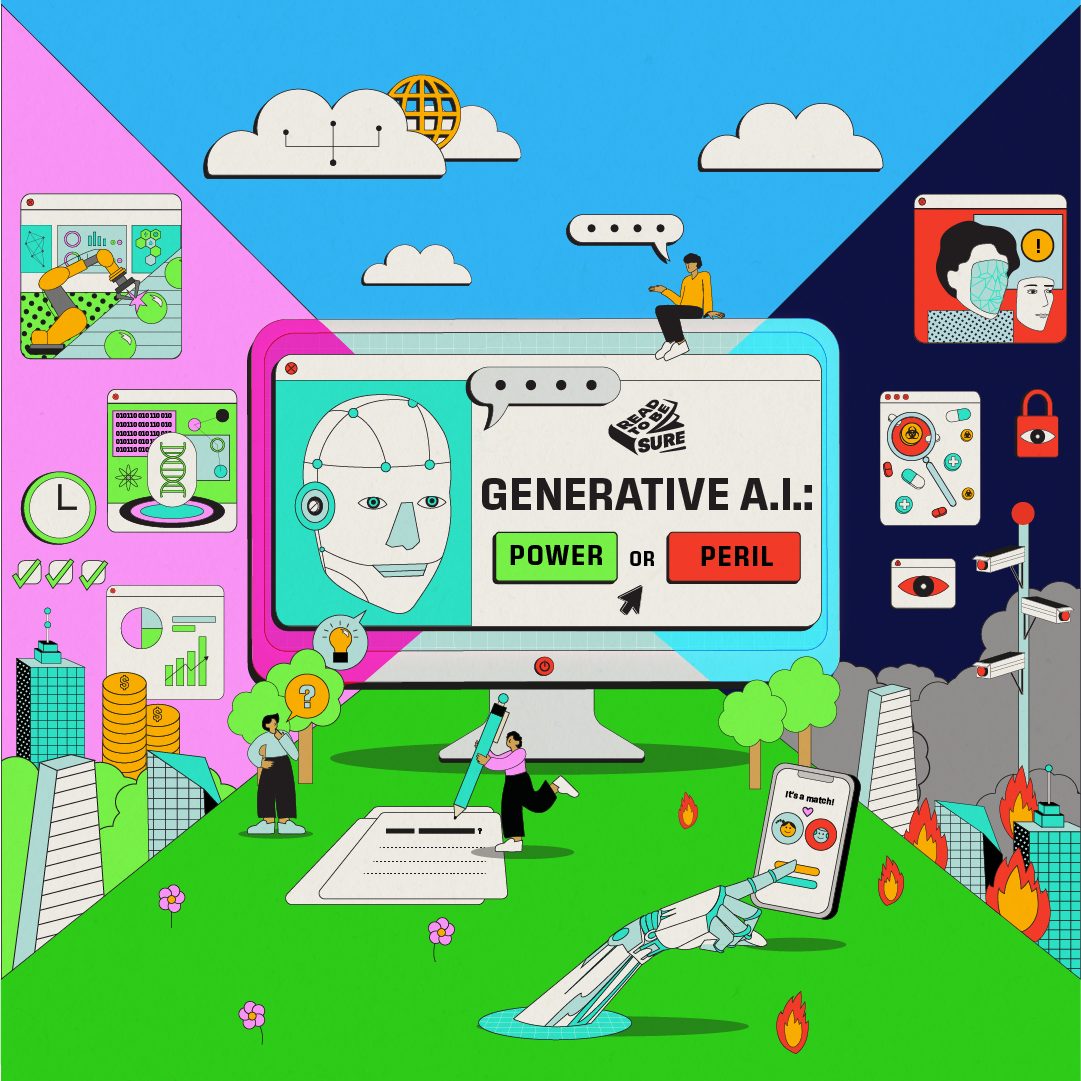
Recommended Resources
Explore the resources below to find out more about generative AI.
Online Course
Master Generative AI: Automate Content Effortlessly with AI
Access the Udemy course link here, through NLB website or app. myLibrary ID is required to access the course.
Videos
The Economist. (2023, May 29). Generative AI: What is it Good for? Retrieved 2023, June 20.
CNA Insider. (2023, May 22). How Smart is ChatGPT, really? Retrieved 2023, June 29.
Websites
Good or Evil? How AI is Transforming Life, Work and Society
Good or Evil? How AI is Transforming Life, Work and Society. (2023, May 12). Digital Life Design. Retrieved 2023, June 20.
The Economic Potential of Generative AI: The Next Productivity Frontier
The Economic Potential of Generative AI: The Next Productivity Frontier. (2023, June 14). McKinsey & Company. Retrieved 2023, June 20.
Podcasts
‘AI Will Either Compete with us or Augment us’ - so How do We Pick the Right Path?
World Economic Forum. (2023, June 15). ‘AI Will Either Compete with us or Augment us’ - so How do We Pick the Right Path? Retrieved 2023, June 20.
NLB eBooks
| Recommended Titles | |
|---|---|
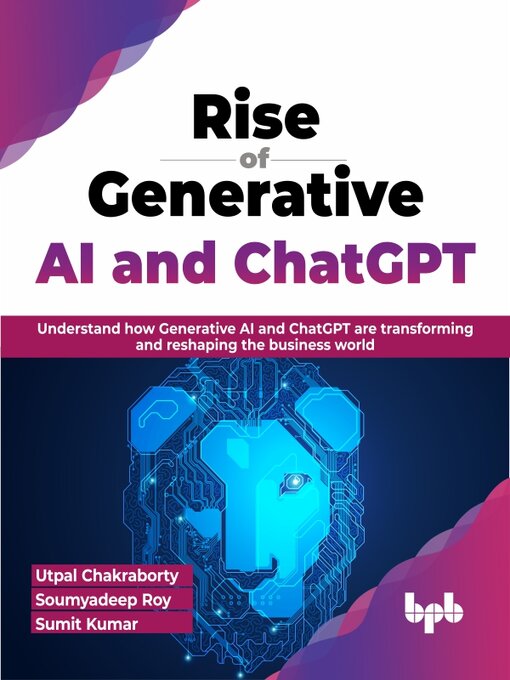 |
Rise of Generative AI and ChatGPT Upal Chakraborty. (2023). Rise of Generative AI and ChatGPT. BPB Publications. Retrieved from OverDrive. (myLibrary ID is required to access the eBook). |
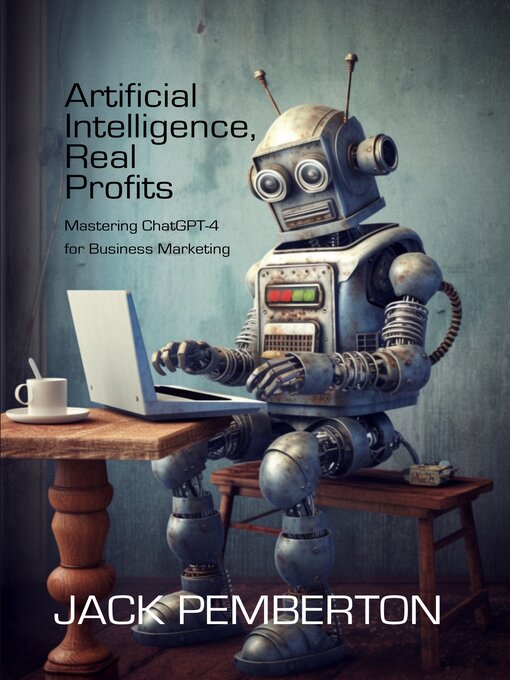 |
Artificial Intelligence, Real Profits Jack Pemberton. (2023). Artificial Intelligence, Real Profits. eBookIt.com. Retrieved from OverDrive. (myLibrary ID is required to access the eBook). |
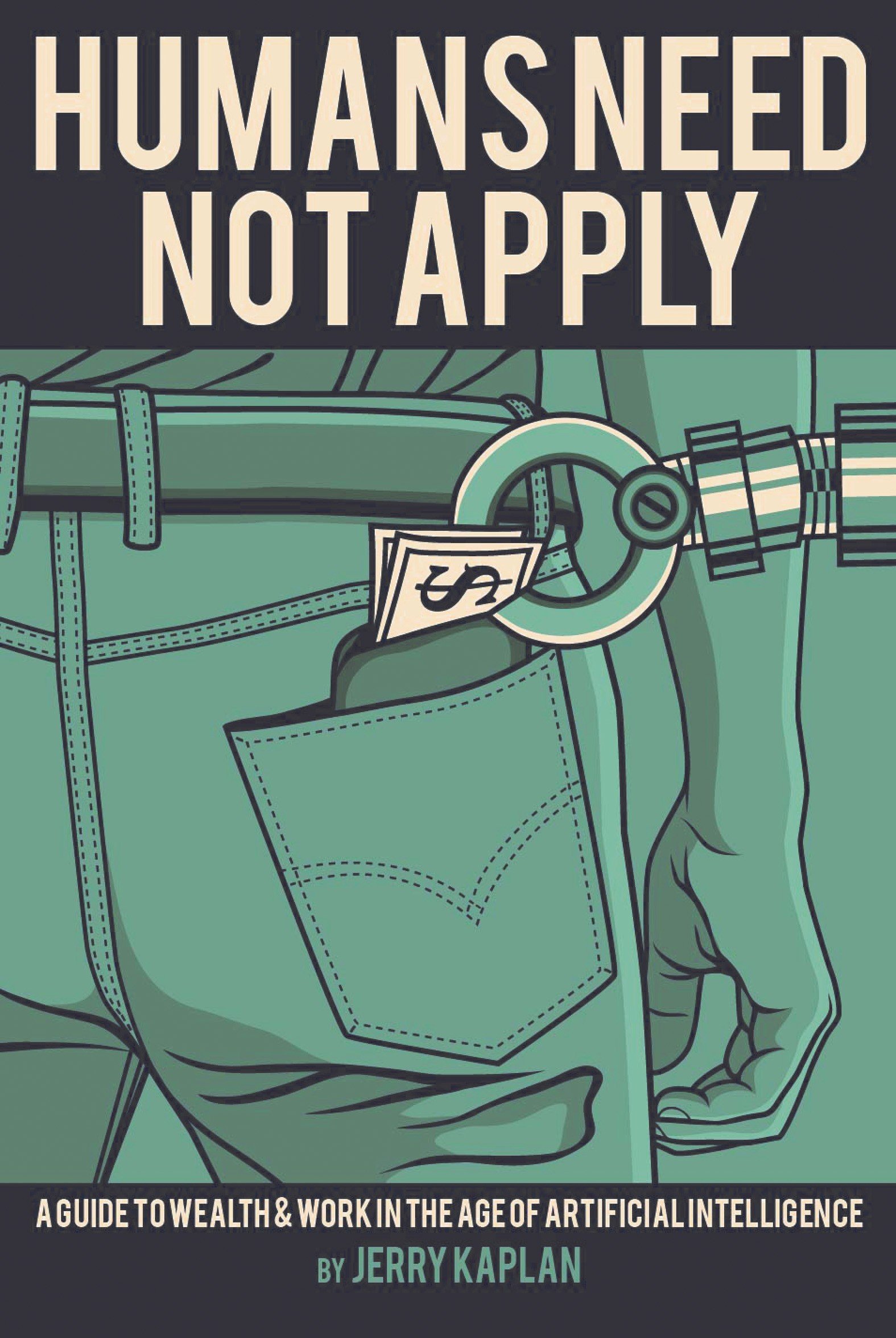 |
Humans need not apply: A guide to wealth & work in the age of artificial intelligence Kaplan, Jerry. (2020). Humans need not apply: A guide to wealth & work in the age of artificial intelligence. Yale University Press. Retrieved from OverDrive. (myLibrary ID is required to access the eBook). |
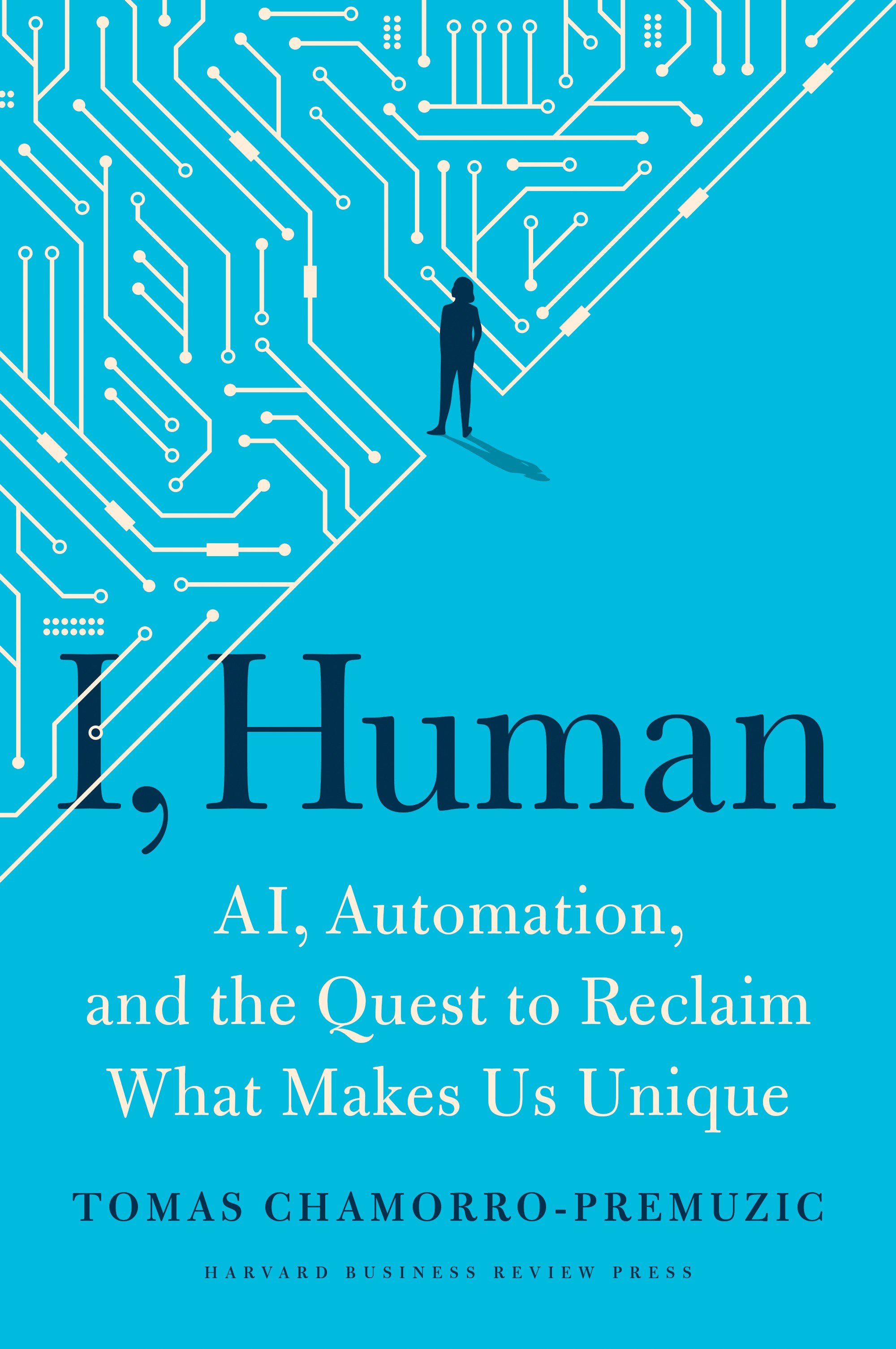 |
I, Human: AI, Automation, and the Quest to Reclaim What Makes Us Unique Chamorro-Premuzic, Toman. (2023). I, Human: AI, Automation, and the Quest to Reclaim What Makes Us Unique. Harvard Business Review Press. Retrieved from OverDrive. (myLibrary ID is required to access the eBook). |
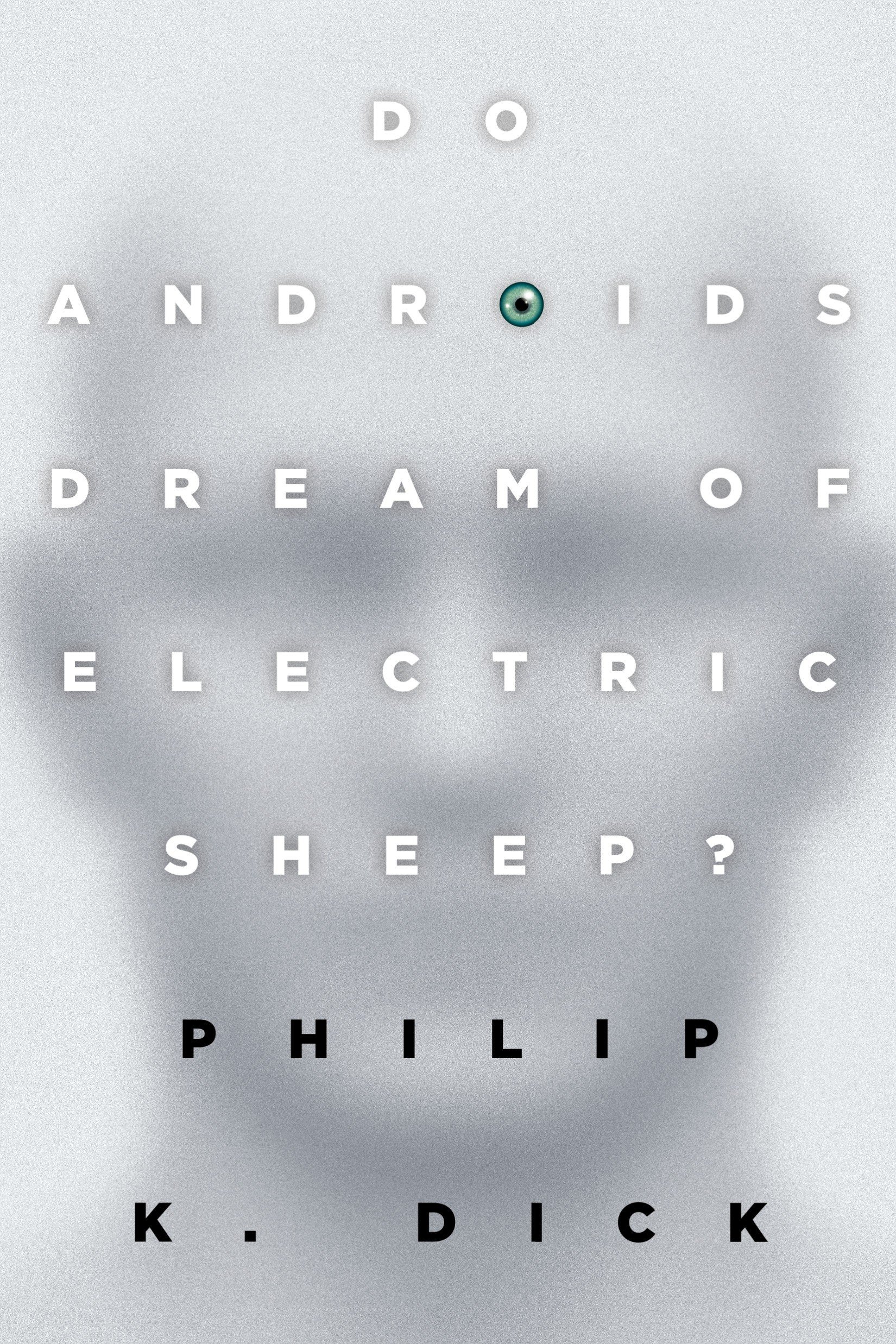 |
Do Androids Dream of Electric Sheep? Dick, Phillip. K. (2008). Do Androids Dream of Electric Sheep? Random House Publishing Group. Retrieved from OverDrive. (myLibrary ID is required to access the eBook). |

